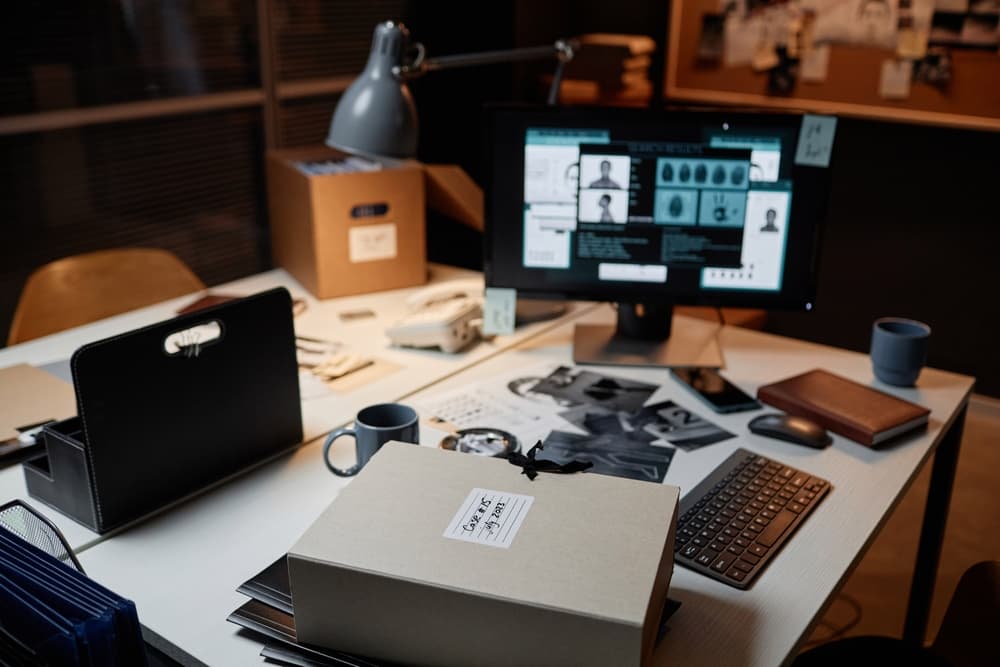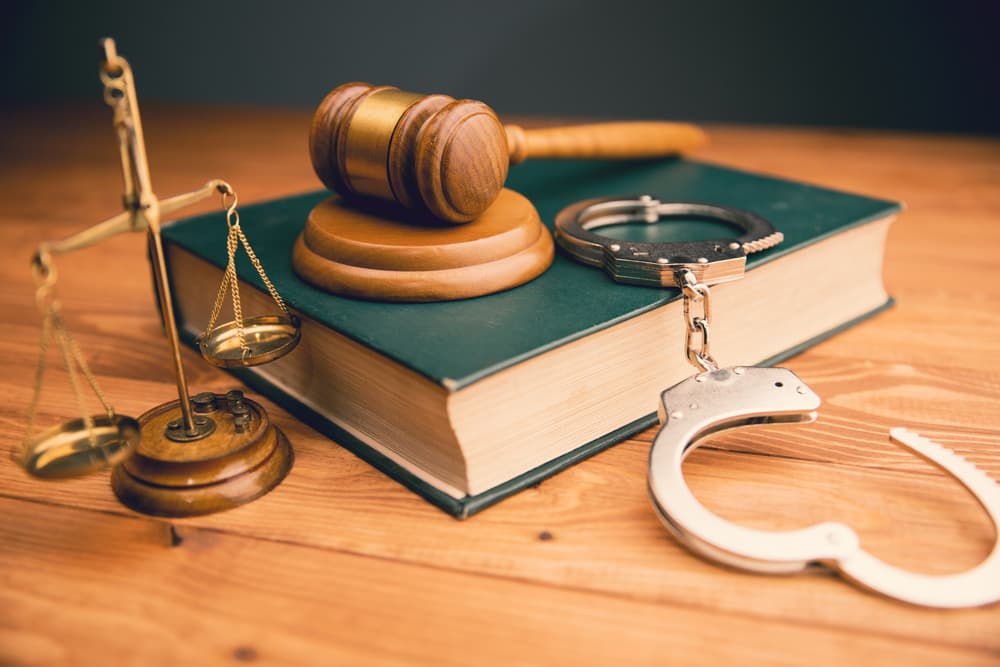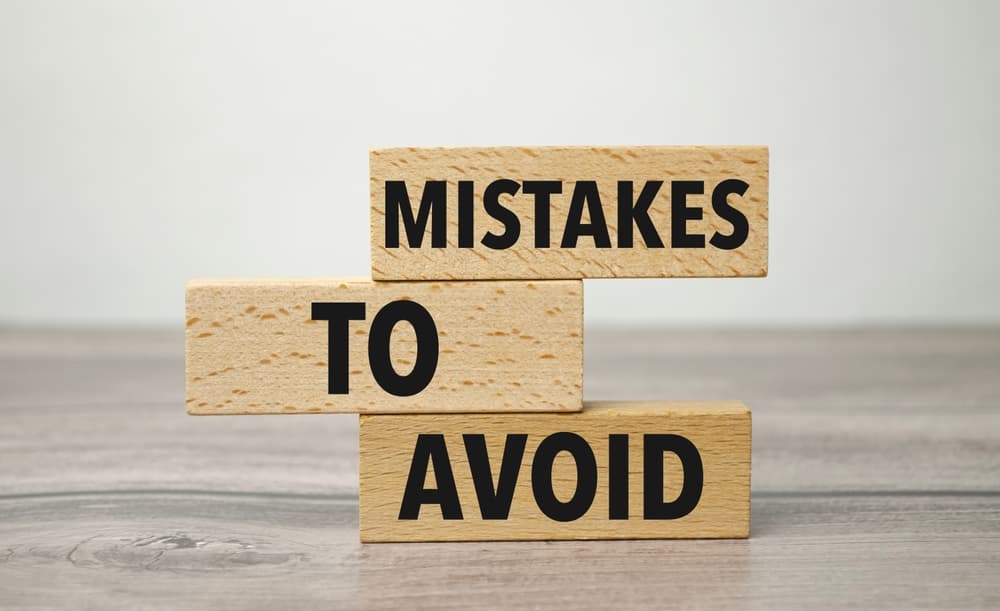A homicide charge is one of the most serious charges you can face. The decisions you make in the first hours, days, or weeks after your arrest can make all the difference in your case. It’s always in your best interest to contact a homicide lawyer.
Not only can a lawyer strategize a successful defense, they can guide you during the legal process and increase your confidence. Not having an experienced criminal defense lawyer by your side can dramatically hurt you – personally, professionally, and financially – for the rest of your life.
Talking to Law Enforcement without an Attorney – How It Can Hurt the Outcome of Your Case
Law enforcement will often present themselves as understanding and sympathetic figures who want to help clear up any misunderstandings. But their main goal is to get evidence for a conviction. Even seemingly innocent statements can be misinterpreted or taken out of context. Remember, anything you say becomes part of the official record and can be used against you in court.
Talking to Anyone Besides Your Attorney – Why It’s Not Advised
Many defendants make the mistake of telling family members, friends, or cellmates about their case. Unlike conversations with your attorney, these conversations are not privileged. Prosecutors can subpoena these people to testify about what you said.
Even well-meaning friends or family members may inadvertently reveal info that hurts your case. Therefore, you should only discuss your case with your defense attorney.
Social Media
Social media is a big risk to your defense. Prosecutors monitor defendants’ social media accounts for evidence to use against them. Photos, location check-ins, or timestamps can contradict your defense or alibi. Comments from friends on your posts can reveal where you were or what you were doing. Expressing anger or frustration online can be seen as a lack of remorse or aggression.
Destroying or Altering Evidence
The urge to delete incriminating evidence is natural. However, doing so can get you charged with evidence tampering. It includes deleting text messages, emails, social media posts, browsing history, or other digital footprints. If you have altered evidence, tell your attorney immediately. They can develop strategies to address it within the law.
Missing Court Dates or Appointments – An Attorney’s Help Can Keep You on Schedule
Not showing up in court or missing meetings with your attorney shows disrespect for the legal process. It can get you charged or lead to a revocation of your bond or bench warrants. Courts have strict schedules, and judges have no patience for tardiness or absences. And, missing appointments with your attorney hinders their ability to prepare your defense.
How a Criminal Defense Attorney Can Help You Get Through the Legal Process
A criminal defense attorney will support you throughout your entire case and handle multiple aspects of your defense at once. Below are some of the many roles they may assume.
Case Analysis and Strategy

Your attorney will start by reviewing all the evidence. It includes reviewing police reports for procedural errors, analyzing witness statements for inconsistencies, and examining forensic findings for scientific validity. They will also look for constitutional violations, such as illegal searches or Miranda rights violations, that lead to the suppression of evidence.
A criminal defense attorney will evaluate the strength of the prosecution’s case and find weaknesses to use in your defense. They will consider all possible defenses, including self-defense, mistaken identity, or the justifiable use of force under state law.
Evidence Collection and Review
Your defense attorney will do their own investigation parallel to the police investigation. It includes finding and interviewing witnesses that can support your defense, frequently finding testimony that the police missed. They will consult with experts in relevant fields such as ballistics, DNA, blood spatter patterns, and digital forensics.
Filing Motions
Motions are another key part of your defense strategy. Your attorney will file motions to suppress evidence obtained through illegal searches or police misconduct. They may move to dismiss charges based on lack of evidence or procedural violations.
Motions in limine can keep prosecutors from introducing prejudicial evidence at trial. Your attorney will make sure all legal issues are preserved for appeal. They will also file motions to compel discovery to ensure the prosecutors turn over evidence in the case. Each motion requires a lot of legal research and careful writing to be effective.
Plea Bargaining
Most cases settle before trial. Your attorney will negotiate with prosecutors to find a resolution that works for you. It can mean negotiating charges or sentencing recommendations. Your attorney will evaluate all offers against the evidence and potential outcomes at trial. They will explain the terms of any plea offer, including collateral consequences like immigration issues or professional license restrictions.
Representation at Trial
If your case goes to trial, your homicide attorney will present your defense to the jury.
They will cross-examine prosecution witnesses during the trial, pointing out inconsistencies and credibility issues. They will present defense witnesses in a clear and credible way that supports your version of the events.
What to Do Now
Hire a Criminal Defense Attorney

Time is of the essence in homicide cases. Evidence can disappear, witnesses’ memories fade, and surveillance footage can be overwritten. An attorney can start preserving evidence and protecting your rights right away. They can also get involved with the police to stop damaging statements and to make sure the proper procedure is followed.
Preserve All Evidence
Your attorney will document everything related to your case, including text messages, emails, phone records, and social media activity. They will note the locations of any security cameras that might have footage. They will also keep all physical items that might be relevant to your defense. Your attorney will help determine what’s important to your case and ensure it is classified and maintained.
Write Down Your Version
Write down everything you can remember about the incident while it’s fresh in your mind. Include locations, times, the weather, and who was on the scene. It will help your attorney investigate your case and find witnesses or evidence.
List Witnesses
Make a list of anyone who might know something about your case. Include their name, contact info, and what they know. Your attorney can then interview these people as part of your defense investigation.
Learning More About the Homicide Laws Where You Live
States have several degrees of homicide, each with different elements and penalties. For example:
- First-degree murder requires premeditation or occurs during certain felonies and can carry the death penalty or life.
- Second-degree murder is when you act with reckless disregard for human life but without premeditation.
- Manslaughter is when you are negligent or reckless, and someone dies.
- Vehicular homicide is when someone dies from reckless driving.
- Felony murder allows murder charges for deaths that occur during certain felonies, even if unintentional.
An experienced criminal defense attorney knows the differences and how to use them to your advantage.
Contact a Homicide Criminal Defense Attorney Now
Remember, being charged with homicide doesn’t mean you’re guilty. There are many defenses, and prosecutors must prove every element beyond a reasonable doubt. By following your attorney’s instructions closely, you can get the best results in your case. If you’ve been charged with homicide, contact a homicide criminal defense attorney immediately.

